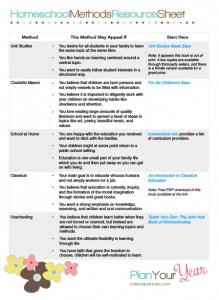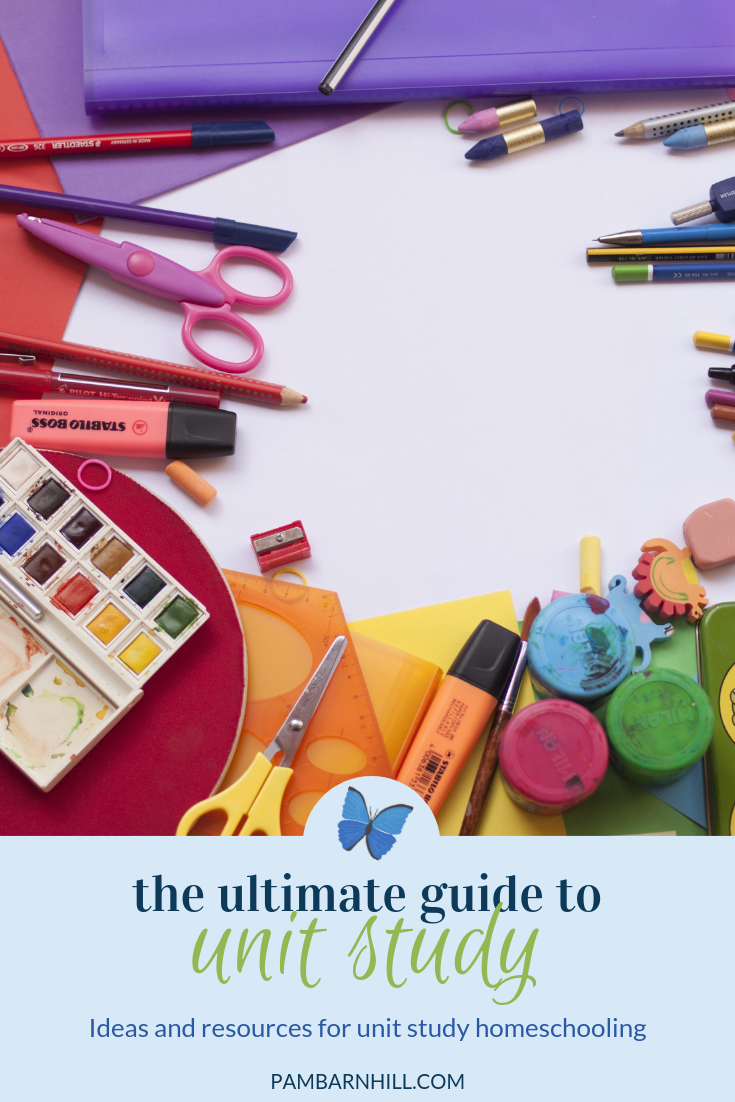
To kick off our interview series as part of the Ultimate Guide to Homeschool Methods, I recently had the opportunity to speak to Heather Woodie of Blog She Wrote.

Heather has been homeschooling her children using the unit study method for ten years. Sometimes she uses purchased unit studies, while at other times she (or her children!) write their own studies.
She mentors other homeschool moms with her participation in the Five in a Row forums and through her blog, where she is a helpful voice with resources and techniques for homeschooling high school.
I think you are going to enjoy Heather’s interview, so relax and have a listen.
Resources From the Interview
- Five in a Row
- Unit Studies Made Easy
- Math on the Level
- Lion Prep Academy
- Reading Made Easy: A Guide to Teach Your Child to Read
- Konos Character Curriculum – Volume 1 with Lesson Plans (Volume 1)
- Units Studies from Homeschoolshare.com
- Unit Studies Page on The Homeschool Mom
- Cathy Duffy’s Unit Study Index
- Homeschool Share Blog
- SusanEvans.org
Audio Notes
The minute and second mark to find the following topics.
- 1:25 – Heather’s journey with unit studies.
- 2:28 – What made Heather stick with unit studies for the long haul.
- 4:08 – What about math with unit studies?
- 5:58 – What Heather’s “typical day” might look like.
- 7:36 – How Heather teaches the same topic to different age groups with examples of what she would require of each age group in a study.
- 8:53 – How to choose books on a topic for a wide range of students.
- 11:24 – How long does a typical unit study day take?
- 12:24 – Can I do unit studies if I don’t like arts and crafts or lapbooks?
- 14:01 – Heather’s “notepage” technique.
- 17:18 – How long Heather spends on a unit study.
- 18:02 – What about gaps in learning?
- 19:05 – How does Heather plan which unit studies to do?
- 22:23 – Why Heather thinks unit studies are the best way for kids to learn.
- 23:31 – Heather’s favorite unit studies resources for getting started.
Free Resource Sheet

Is Unit Study homeschooling right for you? As a gift to you, I am offering this free downloadable resource sheet on homeschooling methods. Find out which method might appeal to you, and the number one resource I recommend for beginning to explore each method.
And when you sign up for your free download you will be added to the weekly newsletter list so you will be notified when more audio interviews about each method are released. There will be five in all.
Leave a Rating or Review
Doing so helps me get the word out about the podcast. iTunes bases their search results on positive ratings, so it really is a blessing — and it’s easy!
- Click on this link to go to the podcast main page.
- Click on Listen on Apple Podcasts under the podcast name.
- Once your iTunes has launched and you are on the podcast page, click on Ratings and Review under the podcast name. There you can leave either or both!

